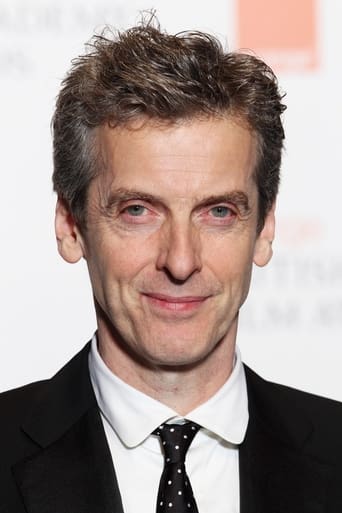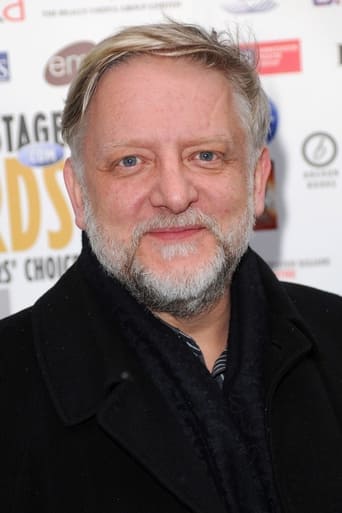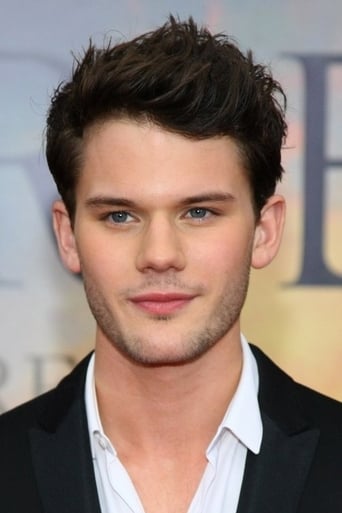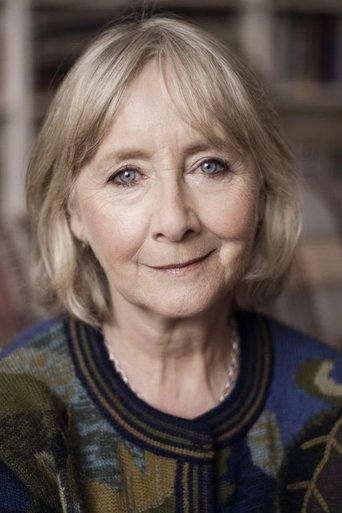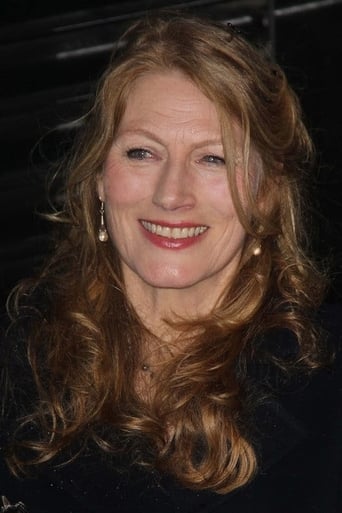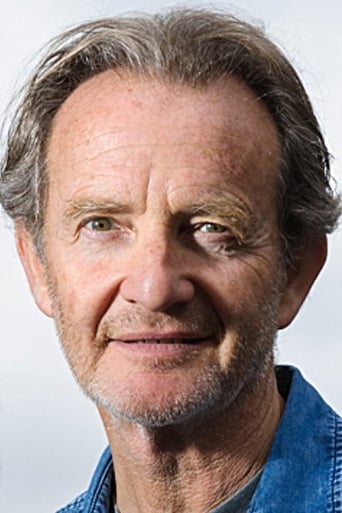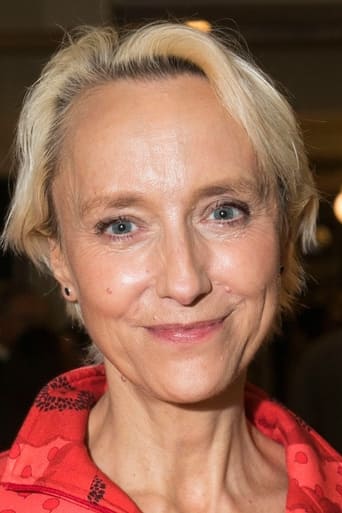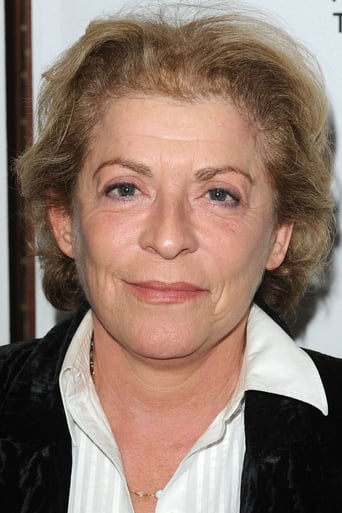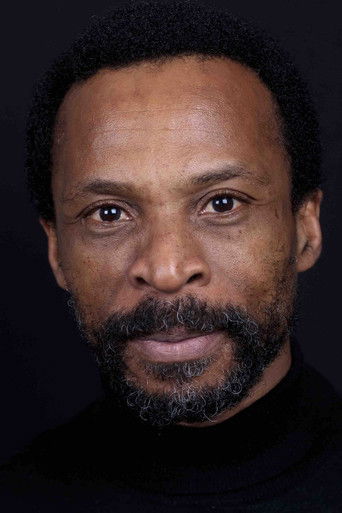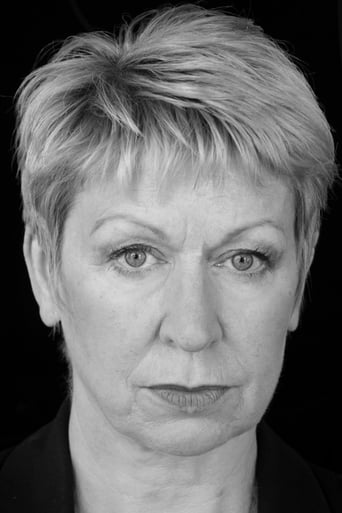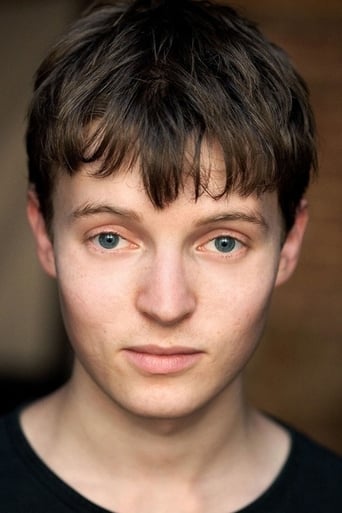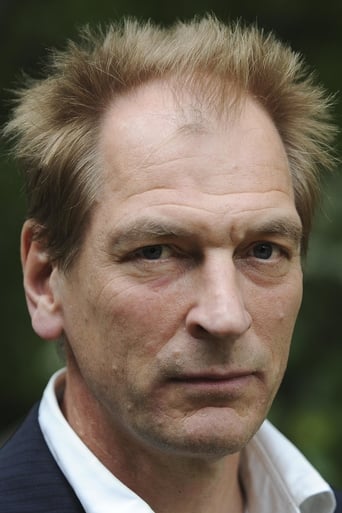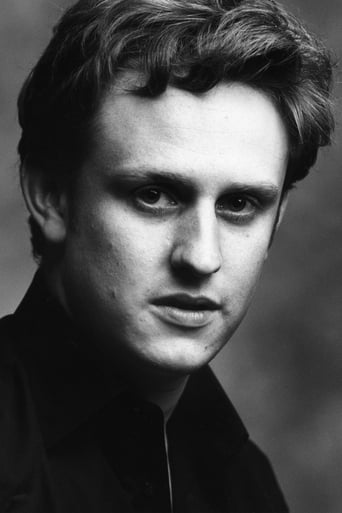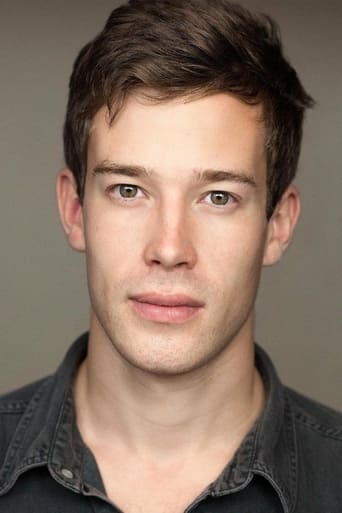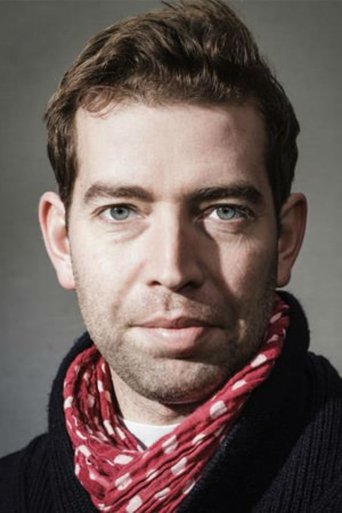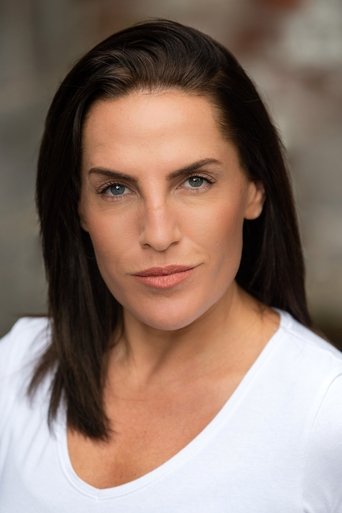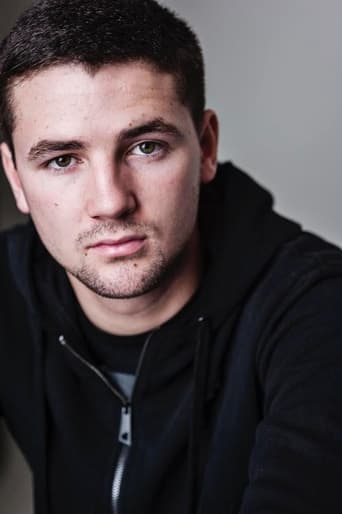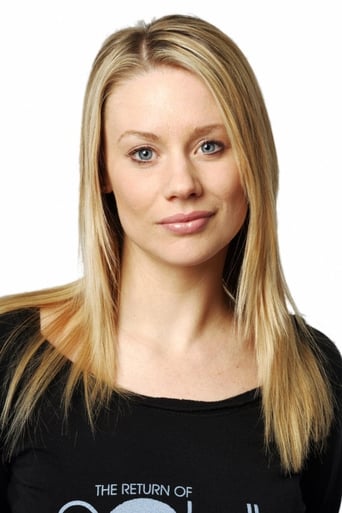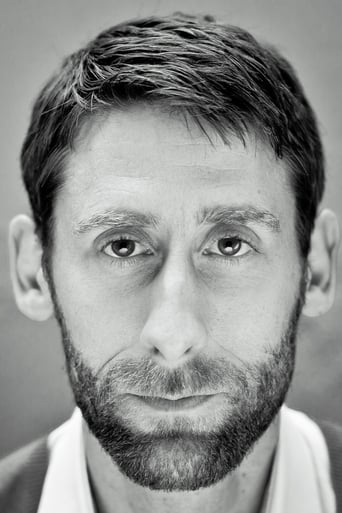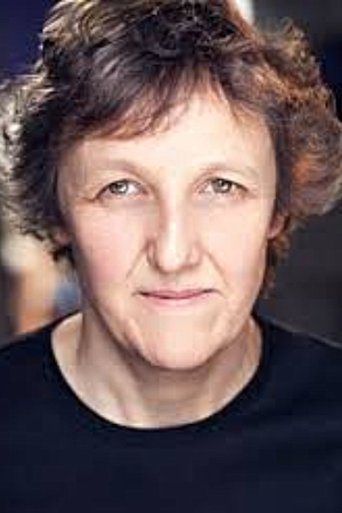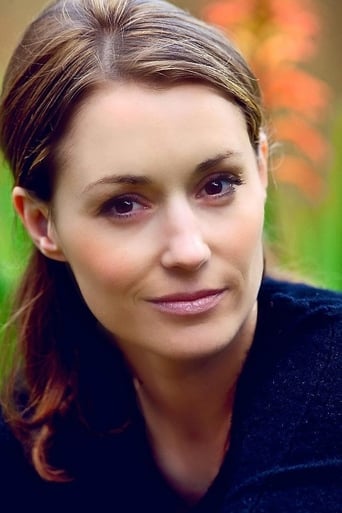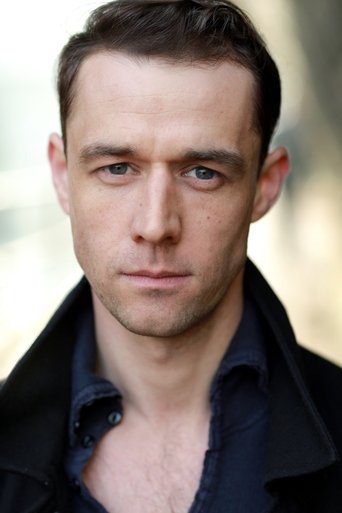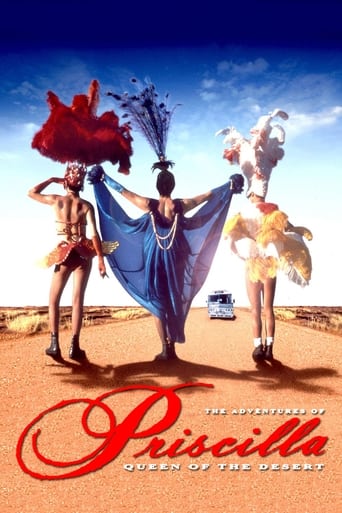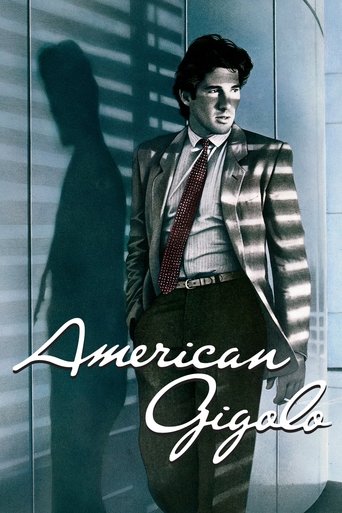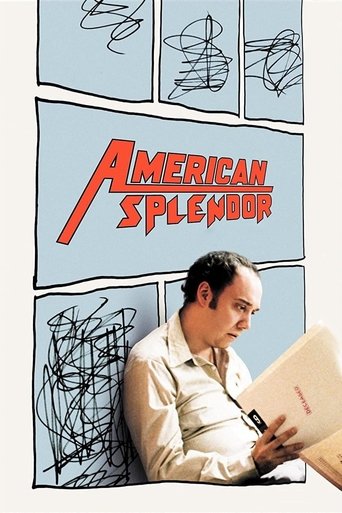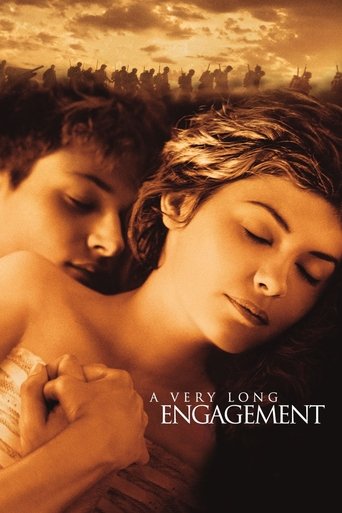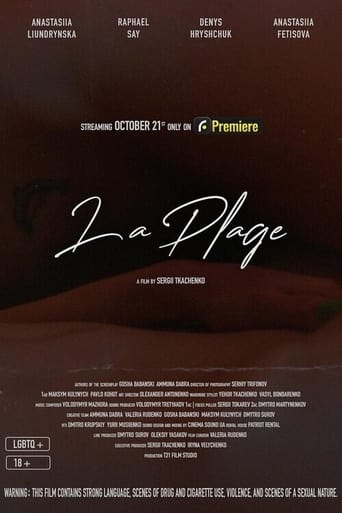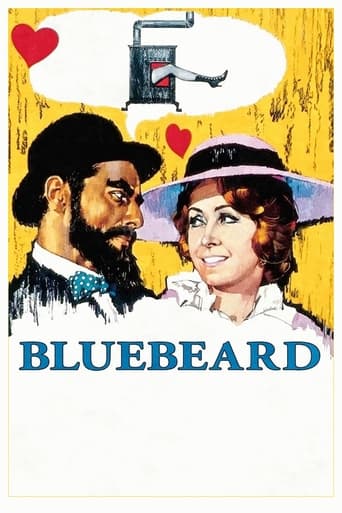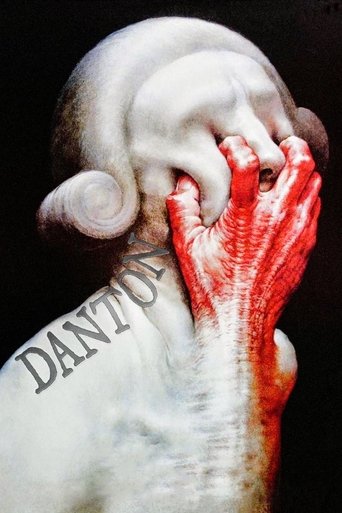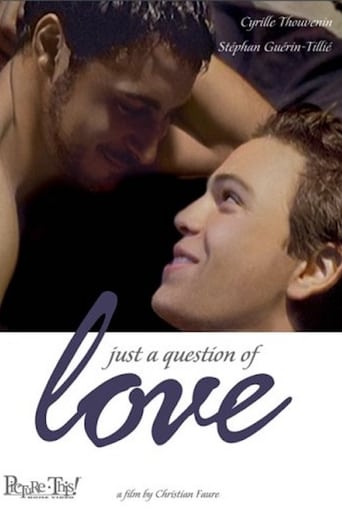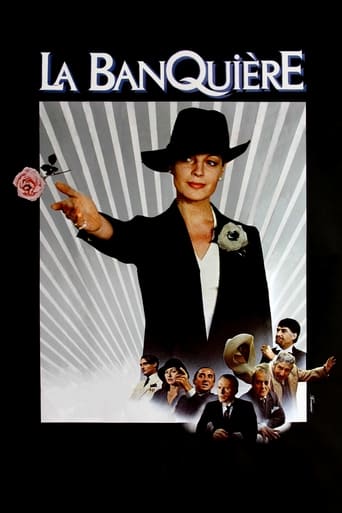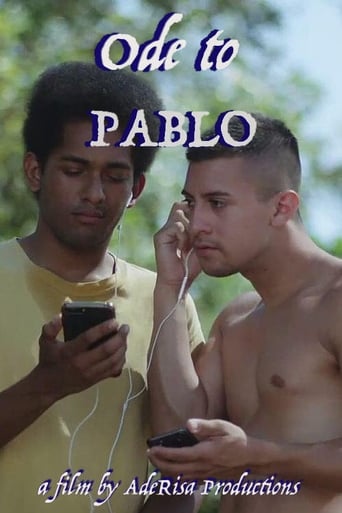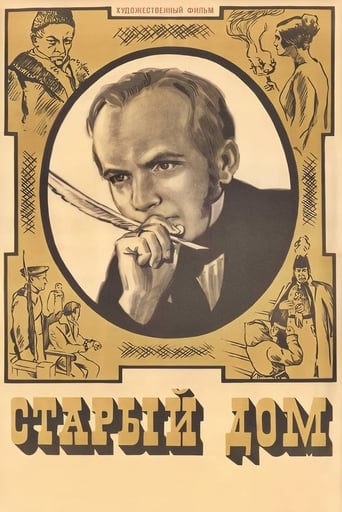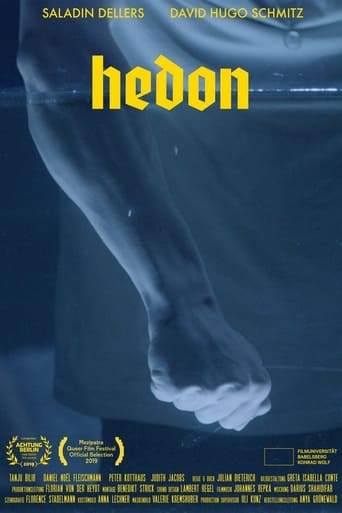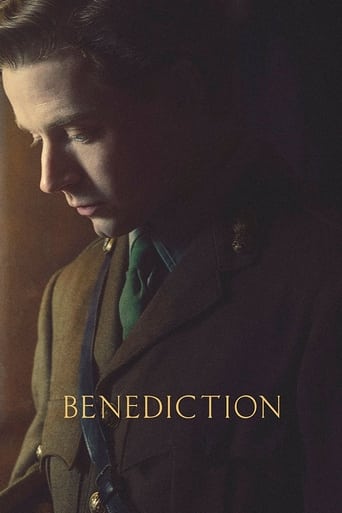
Benediction (2021)
Poet Siegfried Sassoon survived the horrors of fighting in the First World War and was decorated for his bravery, but became a vocal critic of the government's continuation of the war when he returned from service. Adored by members of the aristocracy as well as stars of London's literary and stage world, he embarked on affairs with several men as he attempted to come to terms with his homosexuality.
- Terence Davies
- David Crabtree
- Susanna Lenton
- Terence Davies
Rating: 6/10 by 64 users
Alternative Title:
베네딕션 - KR
Kutsama - TR
Благословление - RU
Ευλογία - GR
Áldás - HU
Błogosławieństwo - PL
Country:
United Kingdom
United States of America
Language:
Français
Deutsch
English
Runtime: 02 hour 17 minutes
Budget: $0
Revenue: $847,418
Plot Keyword: world war i, poet, biography, gay interest, lgbt, military hospital, 1910s, gay theme, war poet
Whilst at times a bit messy, Terence Davies and Jack Lowden have put together quite a compelling story of the life (and loves) of acclaimed British poet Siegfried Sassoon. Though not a conscientious objector - he got an MC in France during WWI, he regaled against the wartime policies of the Government and was invalided to an hospital near Edinburgh, where under the care of Dr. Rivers (Ben Daniels) he began to explore his sexuality and to fall in love for the first time (here, with an other equally acclaimed WWI poet Wilfred Owen (Matthew Tennyson)). The film uses two timelines to tell the story. The first, more of a chronology as Sassoon meets and loves the handsome yet frequently unreliable and scathing Ivor Novello (Jeremy Irvine) and Calam Lynch's excellent portrayal of Stephen Tennant. The second, less developed, strand takes a more up-to-date position with Peter Capaldi, a somewhat disillusioned and curmudgeonly old fellow. As the young man's story is told, we begin to understand a little more about why the older is whom he has now become - and that is all told poignantly with a gentle, if sparing, contribution from Gemma Jones as his long-suffering wife. Intercut with actuality from the Somme (not for the squeamish) and with the on-form Lowden (who frequently reminds be, here, of James McAvoy) reading some of Sassoon's more potent poetry and, especially at the end reading one of Owen's, this stylishly produced film provides much food for thought. The quality of the narrative ebbs and flows a bit, but for the most part it works well with an excellent ensemble in support. The marvellously catty Simon Russell Beale as Robbie Ross and Lia Williams as a superbly aloof Edith Sitwell make for a characterful study of a class of society in which homosexuals thrived; creatives created and stress, guilt and angst were really and enduringly affecting the lives of all.


